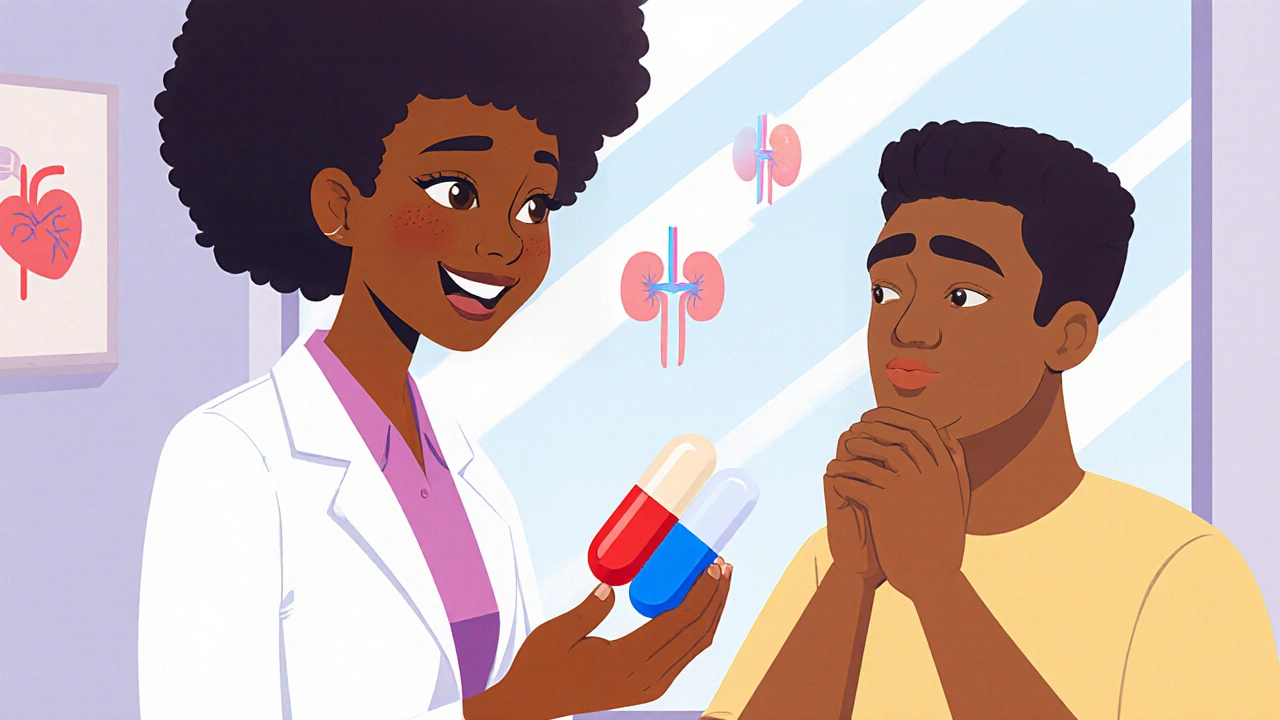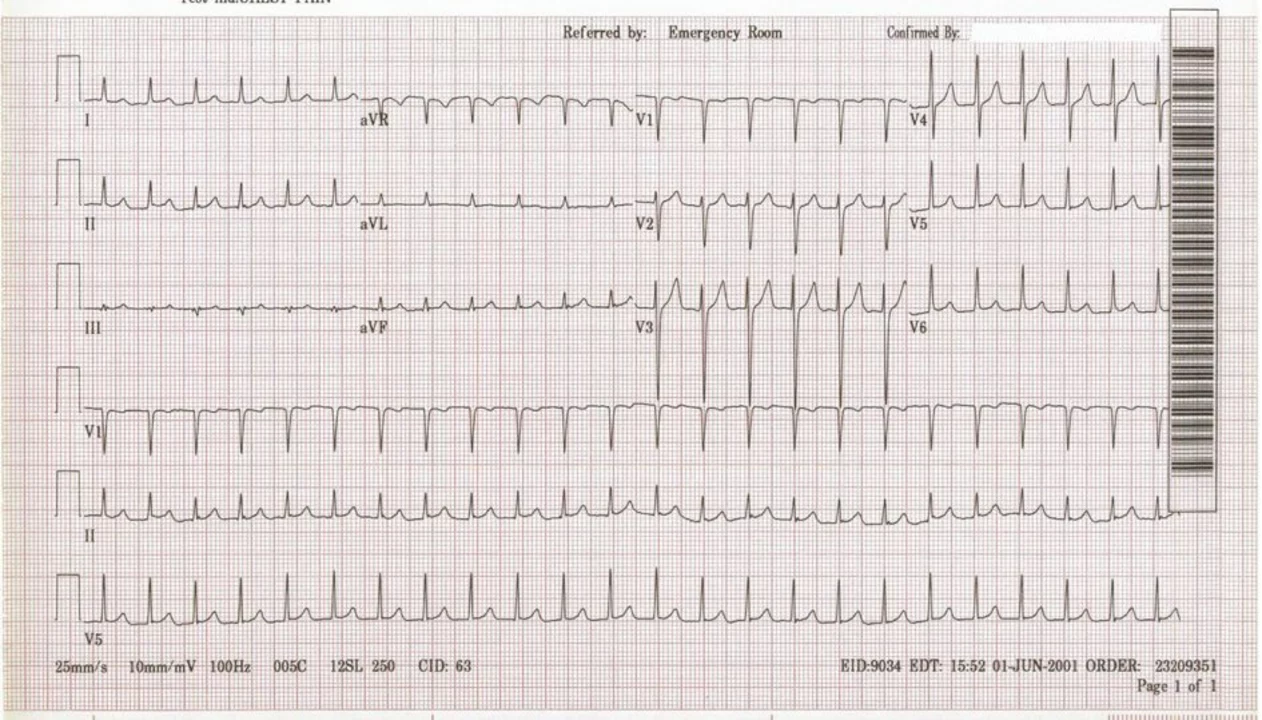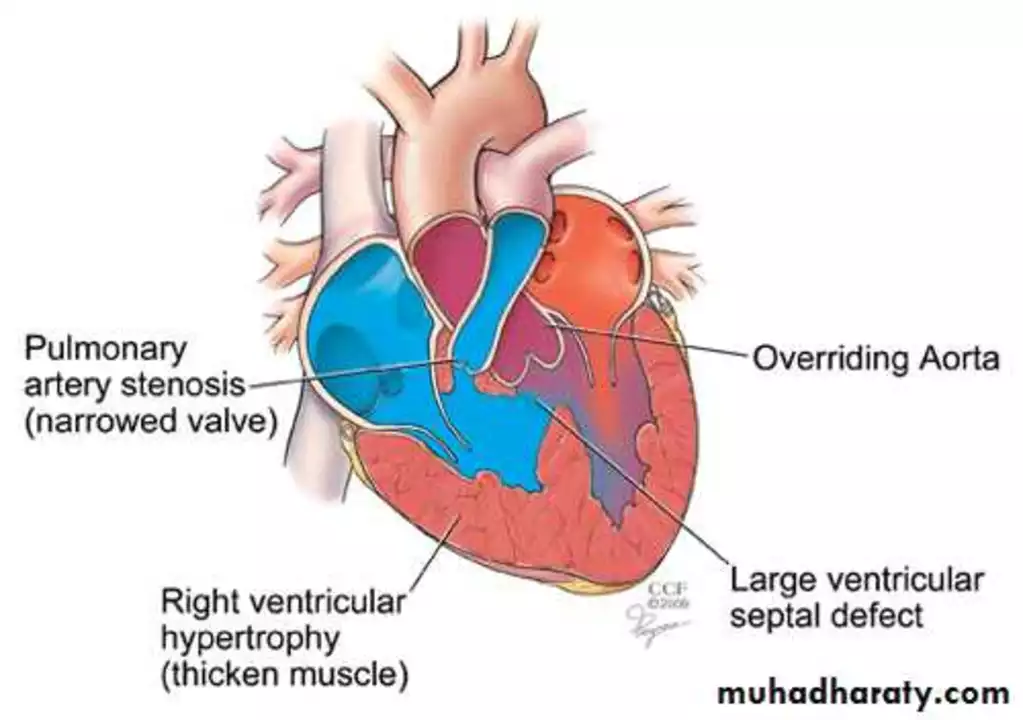Heart Health: Practical Steps to Protect Your Heart
Your heart decides how well you move through life. Small, steady changes cut risk faster than dramatic fixes. Here are clear, practical steps you can start using today to lower blood pressure, improve cholesterol, and keep your heart strong.
Eat to protect.
Focus on whole foods: vegetables, fruit, beans, whole grains, lean proteins, and healthy fats like olive oil and nuts. Cut back on processed foods, sugary drinks, and fast food. Aim for less salt by cooking more at home and tasting before adding salt. Swap refined carbs for whole grains to help blood sugar and weight.
Move in a way you like. The goal is about 150 minutes a week of moderate activity — brisk walking, biking, or swimming. Break it into 20 to 30 minute sessions if that fits your schedule. Add two days of strength work to preserve muscle and boost metabolism. If you’re starting from zero, five-minute walks several times a day still help.
Watch your weight and waist. Extra weight raises blood pressure and diabetes risk. Losing even five percent of body weight improves blood sugar and cholesterol. Measure your waist: more than 40 inches for men or 35 inches for women increases risk.
Check numbers often. Know your blood pressure, fasting blood sugar, A1C if diabetic, and lipid panel. Home blood pressure cuffs are cheap and useful. Share readings with your clinician and ask what targets suit your age and health. If you take statins or blood pressure drugs, labs and follow-ups matter.
Understand medicines and side effects. Drugs like statins, blood pressure medications, and newer diabetes drugs can protect the heart. GLP-1 drugs and metformin affect weight and blood sugar; some trials show heart benefits for certain drugs. Always discuss risks, side effects, and lab monitoring with your prescriber. Don’t stop or switch medicines without talking to a clinician.
Quit smoking and limit alcohol. Smoking damages arteries quickly. Quitting reduces risk fast — within a year many risks drop substantially. If you drink, stick to low amounts: up to one drink daily for women and up to two for men, unless your doctor advises otherwise.
Sleep and stress matter. Poor sleep and chronic stress raise inflammation and blood pressure. Aim for seven hours of regular sleep. Try short breathing exercises, walking, or talking to someone to lower stress.
Be careful when buying meds online. Cheap drugs can be tempting but verify pharmacy credentials and read reviews. Our site reviews online pharmacies and medication safety; use those guides before buying.
When to see help:
Chest pain, shortness of breath, sudden dizziness, unexplained swelling, or fainting need urgent care. For routine concerns, book a checkup and bring a list of medications and questions.
Small daily habits stack up. You don’t need perfection — pick two changes this week and keep them. Over time those choices protect your heart better than a single big action. Talk openly with family about heart risks and prepare a simple action plan.
Lisinopril-HCTZ: How This Combo Lowers Blood Pressure & Boosts Heart Health
Discover how the Lisinopril-HCTZ combo works, its key benefits for hypertension, dosing tips, safety profile, and when it’s the right choice for you.
Alcohol and Tobacco: The Real Impact on Heart Failure You Should Know
Alcohol and tobacco have a bigger effect on heart failure than most people realize. This article breaks down how these habits damage the heart, even with moderate use. You’ll learn the signs to watch for and ways to protect your heart. Find out how cutting back can make a huge difference, with tips that actually work. Stay healthier by knowing exactly what’s at stake and what you can do.
Methotrexate and Heart Health: What to Know
In my latest research, I've delved into the relationship between Methotrexate, a common drug used to treat arthritis and certain types of cancer, and heart health. It's important to note that while Methotrexate can be highly effective, it does come with potential risks for the cardiovascular system. Studies have shown that the drug can potentially cause side effects like high blood pressure and other heart-related issues. Therefore, it's crucial for patients on Methotrexate to regularly monitor their heart health. I strongly recommend discussing any concerns with your doctor to manage risks effectively.
The Importance of Regular Check-ups for Supraventricular Tachycardia Patients
As a supraventricular tachycardia (SVT) patient, I cannot stress enough the importance of regular check-ups. Staying on top of my health and monitoring my heart's condition helps me manage my symptoms and prevent complications. With regular doctor visits, I can also receive tailored advice and adjust my treatment plan if necessary. Additionally, these check-ups give me peace of mind and let me lead a more active lifestyle without constant worry. So, if you're an SVT patient like me, make sure to prioritize your regular check-ups for a healthier and happier life.
The Connection between Alcohol Consumption and Left Ventricular Failure
In my recent research, I discovered a significant connection between alcohol consumption and left ventricular failure. It appears that excessive alcohol intake can lead to the weakening of the heart muscle, known as cardiomyopathy, which in turn causes left ventricular failure. This type of heart failure results in the heart's inability to pump blood effectively, leading to various health complications. Cutting back on alcohol or avoiding it altogether can significantly reduce the risk of developing left ventricular failure. It's essential to prioritize our heart health and maintain a balanced lifestyle to prevent such conditions.



